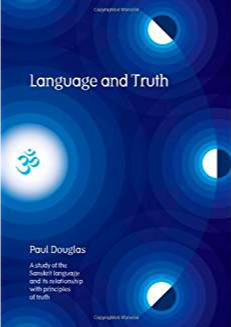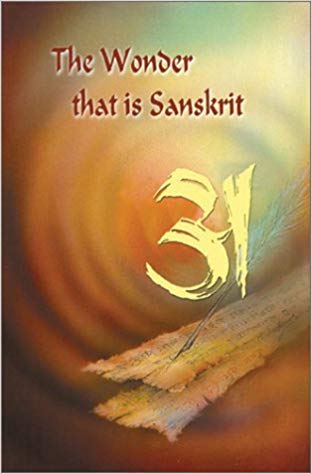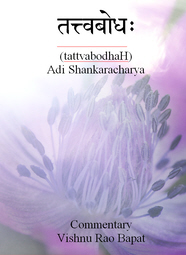by Prof. Phillip Charles Lucas
<Read Part 4>
Theme Three: Insufficient Grounding in Vedanta Traditions
A third theme criticizes NTMA teachers for their lack of grounding in the Sanskrit language and Advaita scriptures, and their concomitantly premature assumption of the guru role. TMA proponents see this grounding as essential for any teacher who is to be an effective agent of Advaita awakening. Without it, the Advaita system of self-realization gets watered down, key Sanskrit terms are misinterpreted, and NTMA teaching becomes little more than a psychological massage for stressed-out Westerners.
Sanjay Kumar Srivastava, a frequent TMA commentator on various Advaita-oriented discussion forums, bluntly summarizes the TMA position: “In ‘Advaita’ you get enlightenment only through study of Upanishads and other Vedic scriptures. All other religious practices including meditations etc. are considered at best a preparation of mind to understand the message of Upanishads and at worst superfluous.” [Sanjay Kumar Srivastava, “Watering down Advaita: Westerners Corrupt Hindu Terminology!” Sarlo’s Guru Rating Service, at <http://www3.telus.net/public/sarlo/Yadvaita.htm>, accessed 6 May 2013. The first entry is written by Sanjay Kumar Srivastava, but the whole seems to be Waite’s.]
Continue reading



